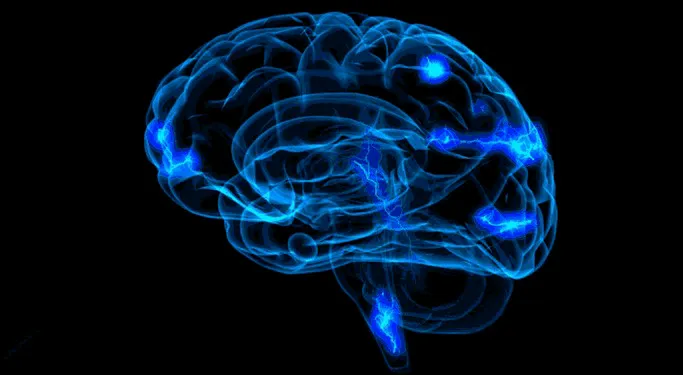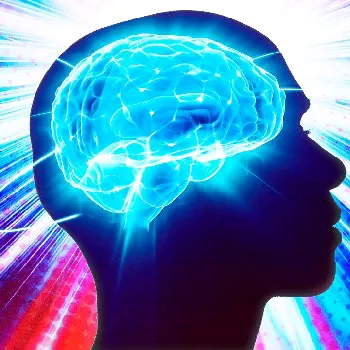Dualism (Philosophy of Mind)
Dualism attempts to answer the mind-body problem, which asks what the relationship is between an individual’s physical properties and an individual’s mental properties.
According to dualism, the mind and body are two separate things. While the body (or matter) is the physical substance that an individual is made of, the mind (or soul) is a nonphysical substance that exists apart from the body and includes consciousness.
There are three major types of dualism:
Substance Dualism: Substance can be broken down into two categories: mental and material. According to René Descartes, who made this theory famous, the material substance does not have the ability to think, and the mental substance has no extension in the physical world.
Property Dualism: The mind and body exist as properties of one material substance. In other words, consciousness is the result of matter being organized in a specific way (like the human brain).
Predicate Dualism: In order to make sense of the world, there needs to be more than one predicate (the way we go about describing a proposition’s subject). According to predicate dualism, mental predicates cannot be reduced into physical predicates. For example, in the sentence “Troy is annoying,” one cannot reduce the act of “being annoying” into a physical thing (predicate). “Annoying” cannot be defined by its structure or composition, and it can look different in different situations.
ARGUMENTS FOR DUALISM
There are several arguments that support the claims of dualism. In particular, dualism is very popular among those who believe in...
According to dualism, the mind and body are two separate things. While the body (or matter) is the physical substance that an individual is made of, the mind (or soul) is a nonphysical substance that exists apart from the body and includes consciousness.
There are three major types of dualism:
Substance Dualism: Substance can be broken down into two categories: mental and material. According to René Descartes, who made this theory famous, the material substance does not have the ability to think, and the mental substance has no extension in the physical world.
Property Dualism: The mind and body exist as properties of one material substance. In other words, consciousness is the result of matter being organized in a specific way (like the human brain).
Predicate Dualism: In order to make sense of the world, there needs to be more than one predicate (the way we go about describing a proposition’s subject). According to predicate dualism, mental predicates cannot be reduced into physical predicates. For example, in the sentence “Troy is annoying,” one cannot reduce the act of “being annoying” into a physical thing (predicate). “Annoying” cannot be defined by its structure or composition, and it can look different in different situations.
ARGUMENTS FOR DUALISM
There are several arguments that support the claims of dualism. In particular, dualism is very popular among those who believe in...




